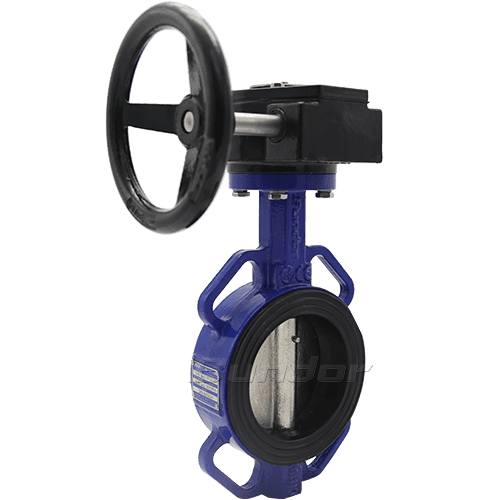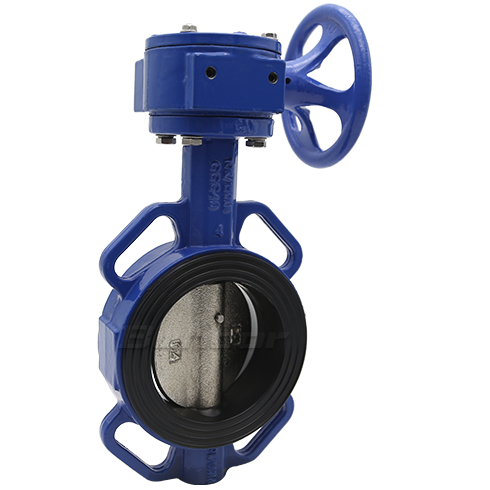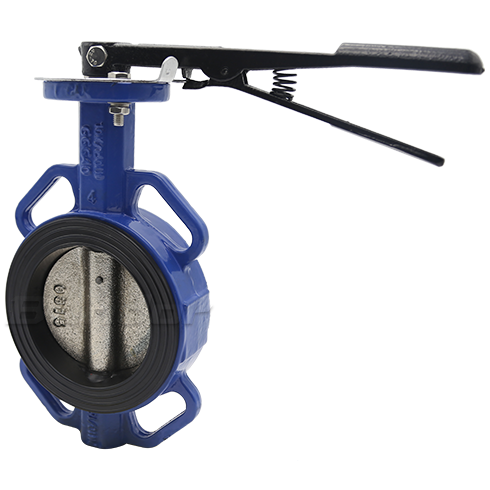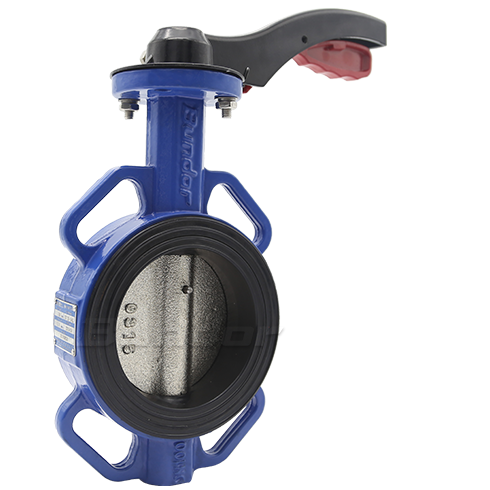Since the torque and axial force of the valve electric actuator are limited, the valve electric device usually uses a torque limiting coupling. Most of the torque types are three-jaw connections or key connections. The valve assembly does not accept axial thrust. Most of the thrust type is a threaded connection that can withstand large axial thrust. What is the driving torque of the electric actuator? It is mainly determined by the specifications of the electric device. The overload operation of the electric flange butterfly valve motor is actually a performance of the motor working torque higher than the control torque. The following situations may cause the motor to be overloaded and need to be taken seriously.
1. When the power supply voltage is low, the required torque is not obtained. This will stop the motor from rotating;
2. When the torque limiting mechanism is erroneously set to be greater than the stopped torque, excessive torque will be continuously generated to stop the motor from rotating;
3. This happens when the heat generated by the intermittent use is accumulated and exceeds the allowable temperature rise of the motor;
4. For some reason, the torque limiting mechanism circuit is faulty, so that the torque is too large and the operating environment temperature is too high, so that the heat capacity of the motor is relatively reduced. These can cause the motor to be overloaded.
5. The motor model does not match the electrical installation requirements and the actual output torque does not leave enough corresponding margin. In this case, the overload operation may cause damage to the motor.
There are two general ways to protect the motor: one is to judge the increase and decrease of the input current of the motor; the other is to judge the heat of the motor itself. The basic protection method for preventing the motor from overloading is to use a thermostat for overload protection of the motor in continuous operation or jog operation. For the protection of motor stall, thermal relays are used. For short-circuit accidents, fuses or overcurrent relays are used. Most electronics manufacturers connect the stroke to the torque protection in series. When the overtravel or over torque occurs, the micro switch will cut off the AC contactor coil control power in time, thereby cutting off the main circuit of the motor. Or a temperature control switch is provided in the motor. When the valve motor is over torque or running for a long time, the motor temperature rises. When the set temperature value is exceeded, the temperature control switch immediately cuts off the control circuit to protect the motor.
In operation, the direction of rotation of the handwheel of the electric device always coincides with the direction of rotation of the output shaft. Close the valve in a clockwise direction and open the valve in a counterclockwise direction. If the actual direction of rotation of the motor does not match the specifications, you need to replace any two phases of the three-phase power supply. Otherwise, the motor will be damaged due to the inversion of the protective measures.








